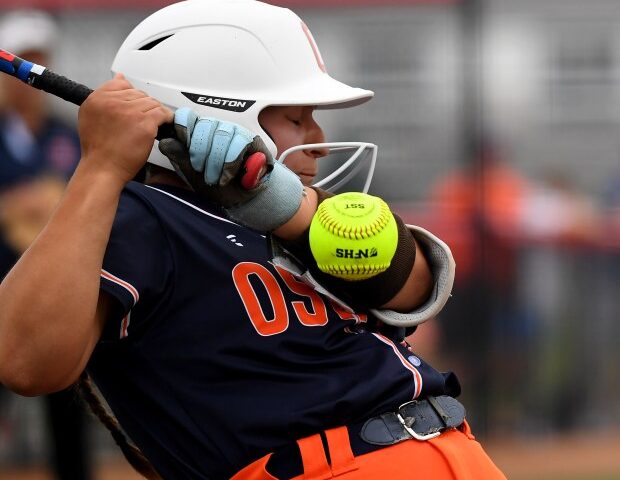For Dr. Jose Trevino, the emergency call was no different than any other, until he arrived at the now-Ascension Mercy medical center in Aurora 20 minutes later and saw all the police cars.
It didn’t take long for the trauma surgeon to realize this was not your typical work day. The patient lying before him, Aurora Police Sgt. Marco Gomez, who was losing consciousness along with dangerous amounts of blood, “was a brother .. a first responder … one of us.”
And this, he thought, was “Aurora, Illinois, where these things don’t happen.”
But it did. Five years ago during the mass shooting at the Henry Pratt warehouse in the city.
That’s a long time for some. Since then, after all, we’ve been through a pandemic, social justice riots, a volatile presidential election and far bloodier conflicts further from home.
But for many of us it seems like it was only a short time ago, measured not so much in anniversaries or in world headlines but in the way this shooting impacted our lives.
On that day, in that hospital, Dr. Trevino could see his patient was in trouble. And as the team went through the ABCs of resuscitation, he recalls, “my job was to put the finger in the dike and bring him back.”
The fact is, whether it had been a shooter or a hero lying in front of him, “everything kicks in … you do what you are trained to do.”
Fortunately, that’s what happened all over this community on that day.
With law enforcement. With fire, 911 dispatch and other first responders. With the media. With schools. With the city and with its churches.
Along with training, the heart also kicked in. People across the city and beyond quickly responded, embracing an “Aurora Strong” mantra that brought an outpouring of spiritual, emotional and financial support.
Five years later, it was important that we took more than a quick pause to remember the victims, salute the heroes and acknowledge that strength of community.
Yes, much has happened since then, including hundreds more mass shootings across the country, most of which get relegated to news briefs. And even the big headliners tend to become background noise in political debates that seem to go nowhere because those who have been most impacted seem to get little or no voice.
No doubt you are aware that the day before Aurora commemorated the fifth anniversary of the Pratt mass shooting, Northern Illinois University was remembering the five students slain there in 2008, and Parkland, Florida, was doing the same for 17 murder victims at its Marjory Stoneman Douglas High School six years ago, even as Kansas City was reeling from the deadly shooting at a Chiefs Super Bowl celebration.
I can’t help but wonder how Greg Zanis would have kept up.
From the 1999 Columbine shootings until months before his 2020 death, the Aurora carpenter made white crosses and drove over 800,000 total miles delivering them to the sites of hundreds of these tragedies across the country, including the one in his hometown that family and friends say hit him exceptionally hard.
Yes, he too always knew exactly what to do when the call came in. And his legacy lives on: The crosses he made for the Pratt victims will continue to be displayed by the Aurora Historical Society on the anniversary of the mass shooting as a powerful visual reminder of what was lost that day.
It was a tragedy that will forever be part of this community’s fabric.
“There was a time when Pratt was all I could think about. I lost sleep. I cried. I worried about it,” said Aurora Police Lt. Bill Rowley, who became one of the prominent faces of the Aurora shooting as he faced a national media day in and day out.
While it will always be “an anchor point” and “part of this department’s DNA,” so much has happened in the world in the last five years, he told me a few days ago. And as horrible as the Pratt shooting was, it became just “a blip on the map … a dot in the universe” as other tragedies unfolded.
“We know we made it through. We did our job, we learned lessons and that is all that is required of the human experience,” said the longtime Aurora cop. “Now the important thing is to do right by the families.”
That includes acknowledging their loss and remembering the five Pratt employees who were killed that day – Russell Beyer, Clayton Parks, Josh Pinkard, Trevor Wehner and Vicente Juarez.
Despite the chance that the vigils and proclamations and media coverage of the last few days might be like ripping off a Band-Aid, the hope is these commemorations somehow help in their paths to healing. As
Aurora Fire Chief David McCabe pointed out at the city’s remembrance, we cannot pretend to know how the victims’ families feel.
But we can feel for them.
dcrosby@tribpub.com



